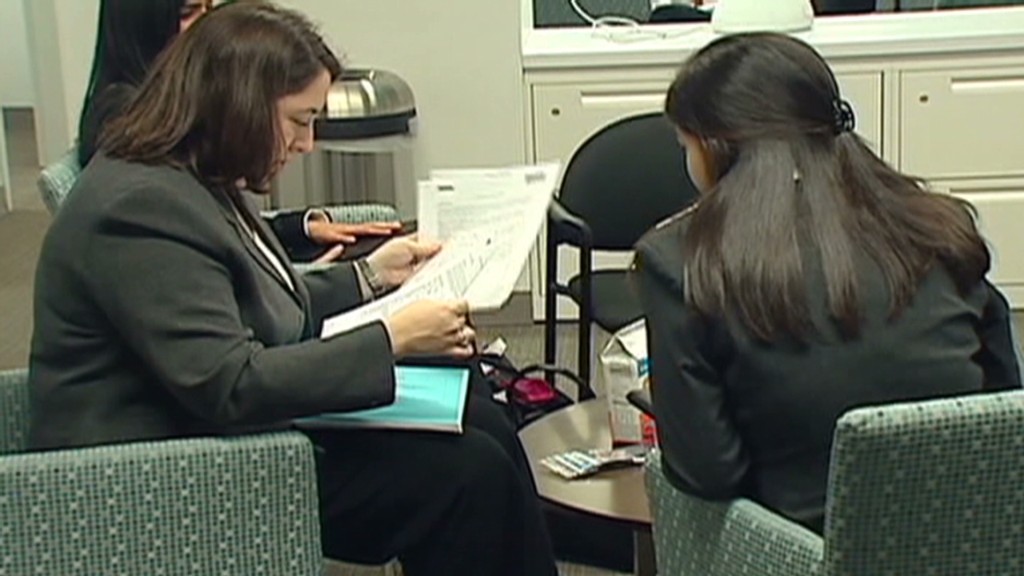
The IRS has done itself no favors lately. It has botched how it reviews applications for tax-exempt status, thrown lavish conferences and failed to adequately oversee employee purchase card use.
But none of that overshadows a serious long-standing problem for the agency highlighted by Nina Olson, the independent national taxpayer advocate.
The problem? Inadequate funding.
Olsen is no shill for the agency. She represents the interests of everyone who has to file a tax return to Uncle Sam, and anyone going through an audit, due a refund or simply plagued with questions about a tax matter.
And it's on tax filers' behalf that she is urging Congress to stop cutting the IRS budget while adding mightily to the agency's to-do list.
In her mid-year report to Congress on Wednesday, Olson noted that the IRS collects more than 90% of federal revenues. At the same time, it must administer business incentives, the antipoverty Earned Income Tax Credit, and many retirement, education and health care policies.
Just in the past few years, the IRS has been given a central role in implementing Obamacare, sending out economic stimulus payments, administering the temporary Making Work Pay credit and the first time homebuyer credit. Plus, it has had to devote increasing resources to combat tax-related identity theft.
Related: IRS' role in Obamacare
Meanwhile, the agency's budget has been cut by 8% -- or $1 billion -- since 2010, Olson noted, including an 83% drop in its training budget. (The House budget calls for further cuts next year.)
On top of that, the number of full-time, permanent IRS employees has decreased in the past three years to 79,000 workers from 86,000.
As a result, the IRS can't answer one out of every three calls from someone who wants to talk to an IRS employee, Olson said. There's a backlog in correspondence. And "hundreds of thousands" of identity theft victims aren't being helped in a timely manner.
Related: 'Overworked' IRS unit treated like a 'stepsister'
"The IRS will cut corners, eliminate protections it doesn't understand and deems unnecessary, make decisions in ignorance of the law, and generally not spend the time necessary to understand specific taxpayer concerns until things reach a crisis level," Olson said.
Further cuts won't be great for the country's coffers, either.

"If the IRS is not properly funded to collect the revenue, there will be fewer dollars available for the military, for social programs, for intelligence and embassy protection, for infrastructure maintenance, for medical research -- or simply for deficit reduction," Olson told a Senate subcommittee last month.
Olson on Wednesday also issued a special report about the IRS's recent tax-exempt troubles. And again, she cited the funding problem.
"In my view ... the real crisis is not the one generating headlines. The real crisis ... is a radically transformed mission coupled with inadequate funding to accomplish that mission."
